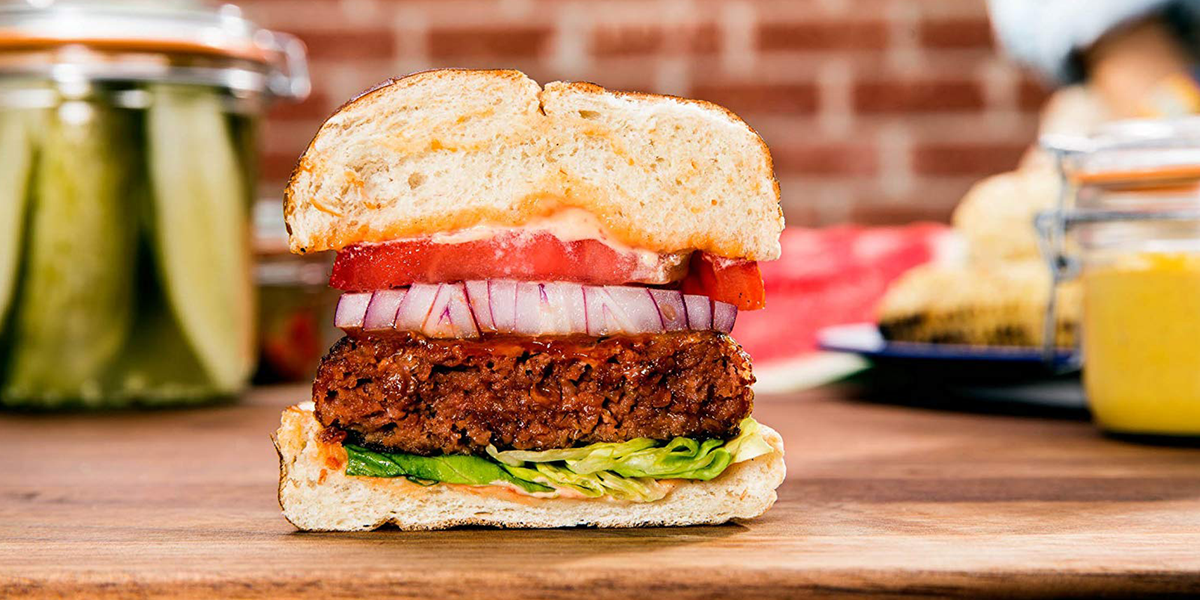UkNorthampton
TSLA - 12+ startups in 1
I once heard a biologist say that every plant is poisonous - to something (a plant rarely benefits from all of it being eaten, fruit are different).
It's just that what is poisonous to one animal isn't poisonous to another. Similarly different people have different sensitivities.
Caffeine, nicotine affect insects. People have different reactions too.
Chilli - Capsaicin - doesn't irritate birds' pain receptors - does for mammals
Chocolate - dogs
A number of humans have found relief from lifelong problems by switching to a carnivore diet. We didn't evolve until recently to cope with large amounts of wheat, rice, alcohol, milk. That's all pretty unnatural. Those who adapted to milk in some regions got a massive advantage once animal husbandry kicked in.
Wild, primitive, primal food is probably best for us plus a huge amount of walking. Seafood might be best of all.
It's just that what is poisonous to one animal isn't poisonous to another. Similarly different people have different sensitivities.
Caffeine, nicotine affect insects. People have different reactions too.
Chilli - Capsaicin - doesn't irritate birds' pain receptors - does for mammals
Chocolate - dogs
A number of humans have found relief from lifelong problems by switching to a carnivore diet. We didn't evolve until recently to cope with large amounts of wheat, rice, alcohol, milk. That's all pretty unnatural. Those who adapted to milk in some regions got a massive advantage once animal husbandry kicked in.
Wild, primitive, primal food is probably best for us plus a huge amount of walking. Seafood might be best of all.





